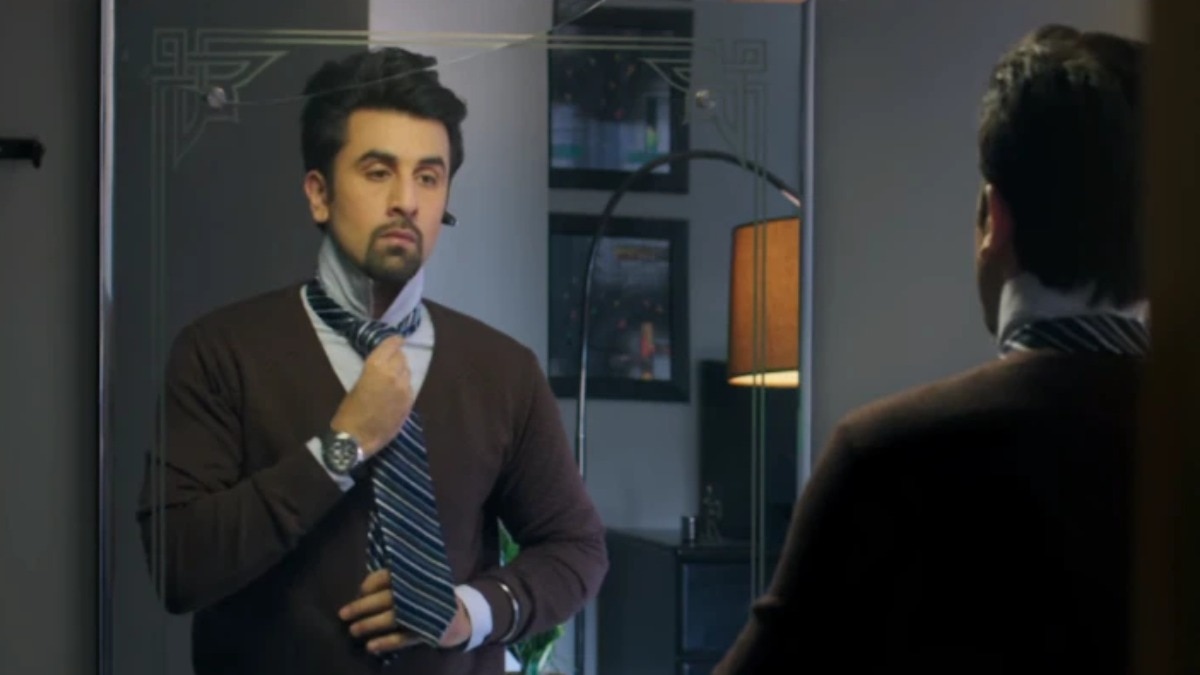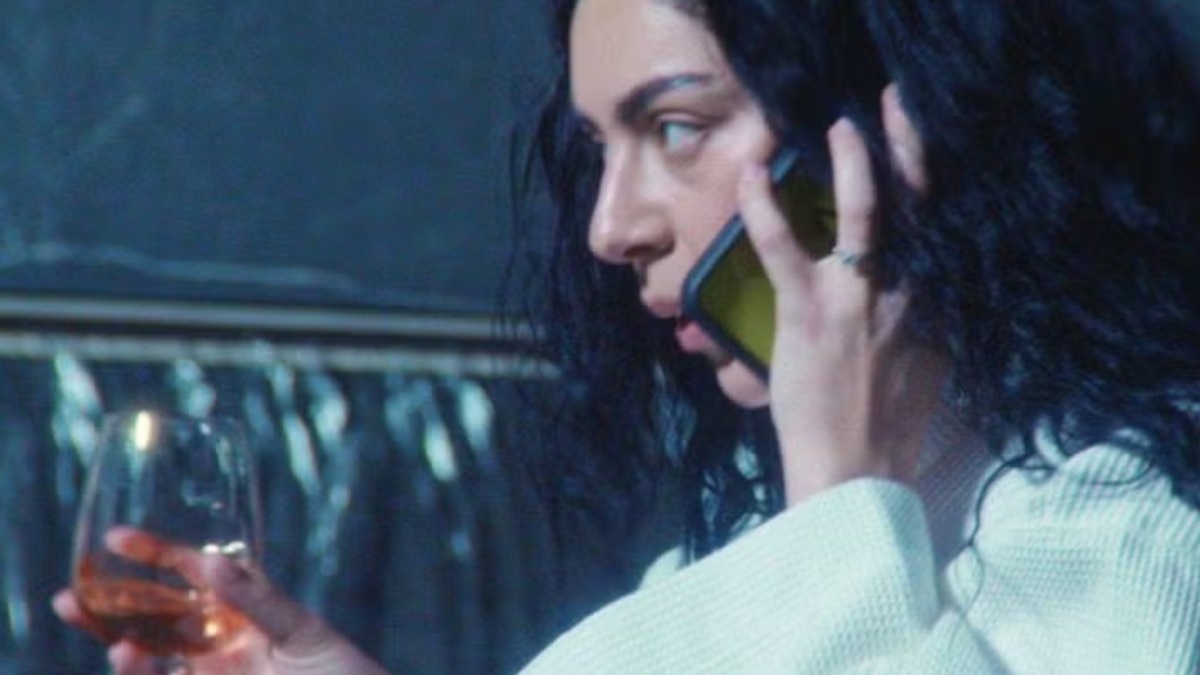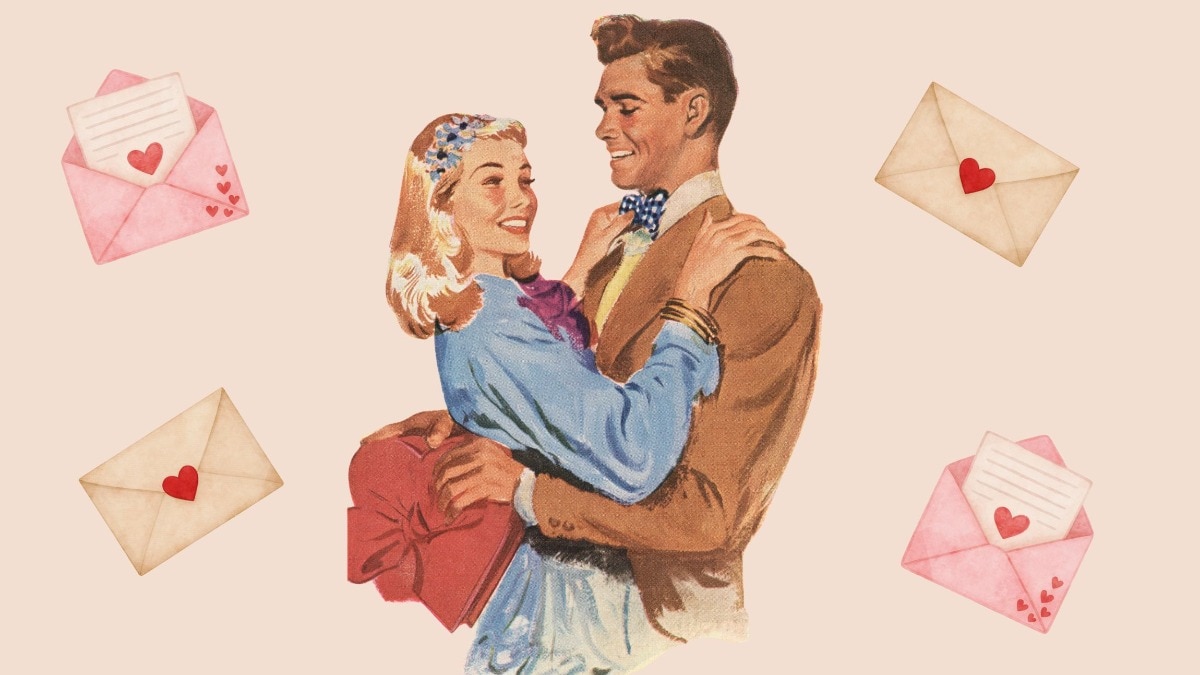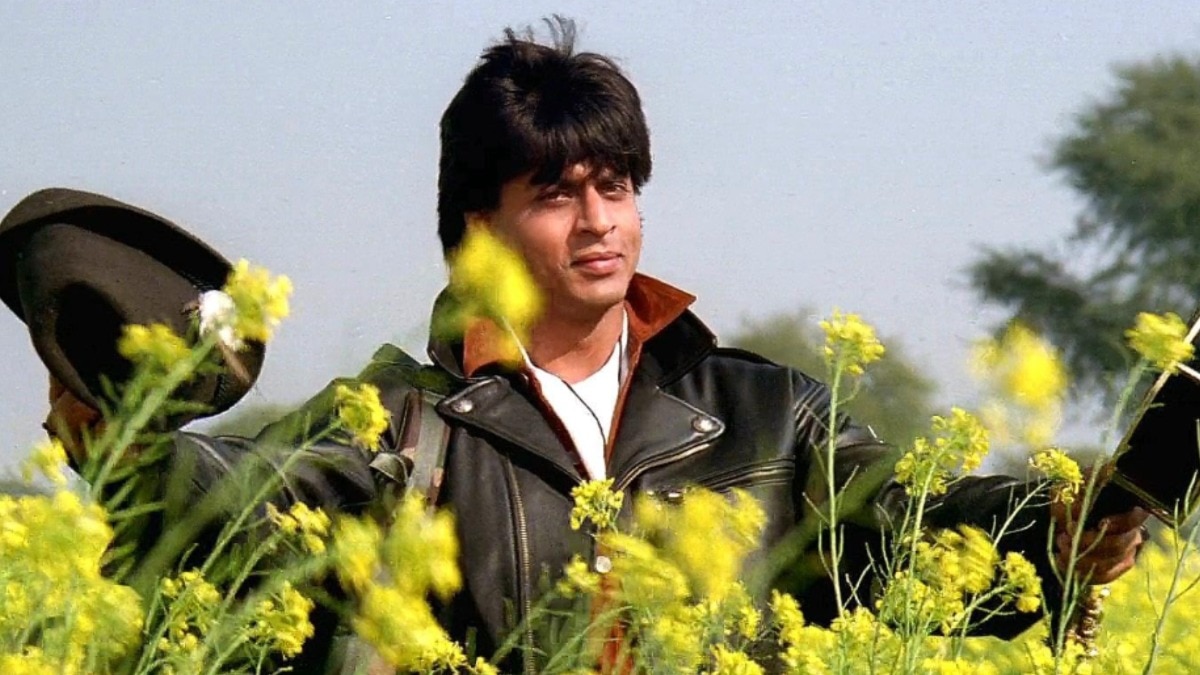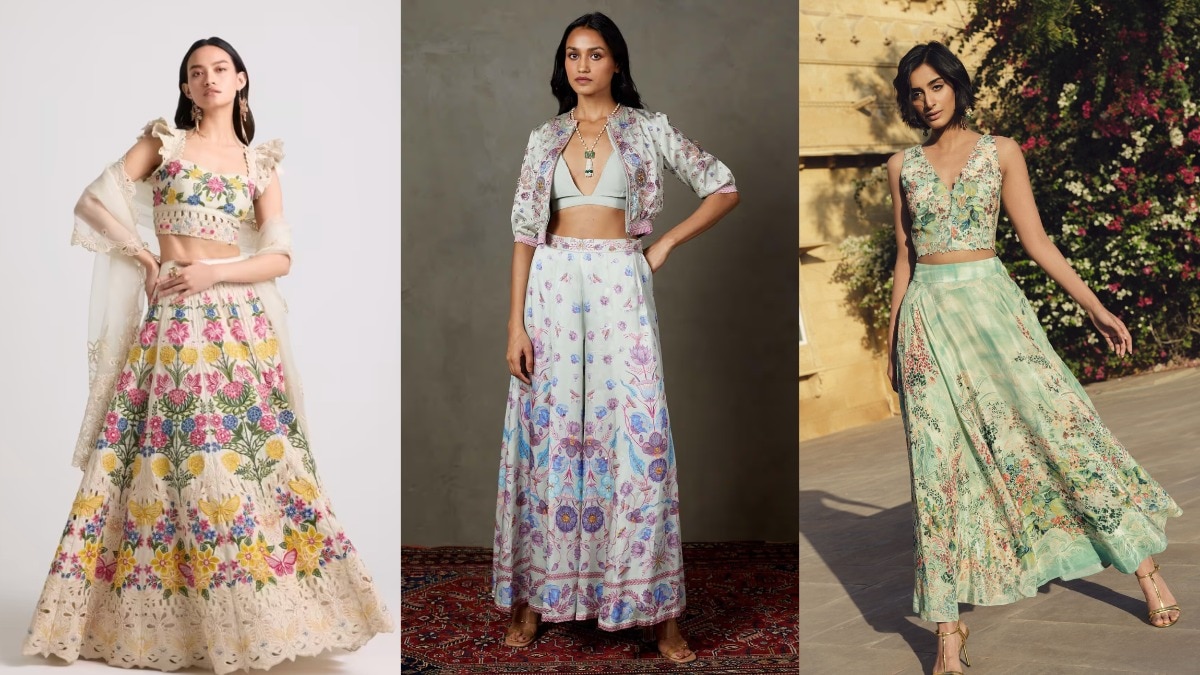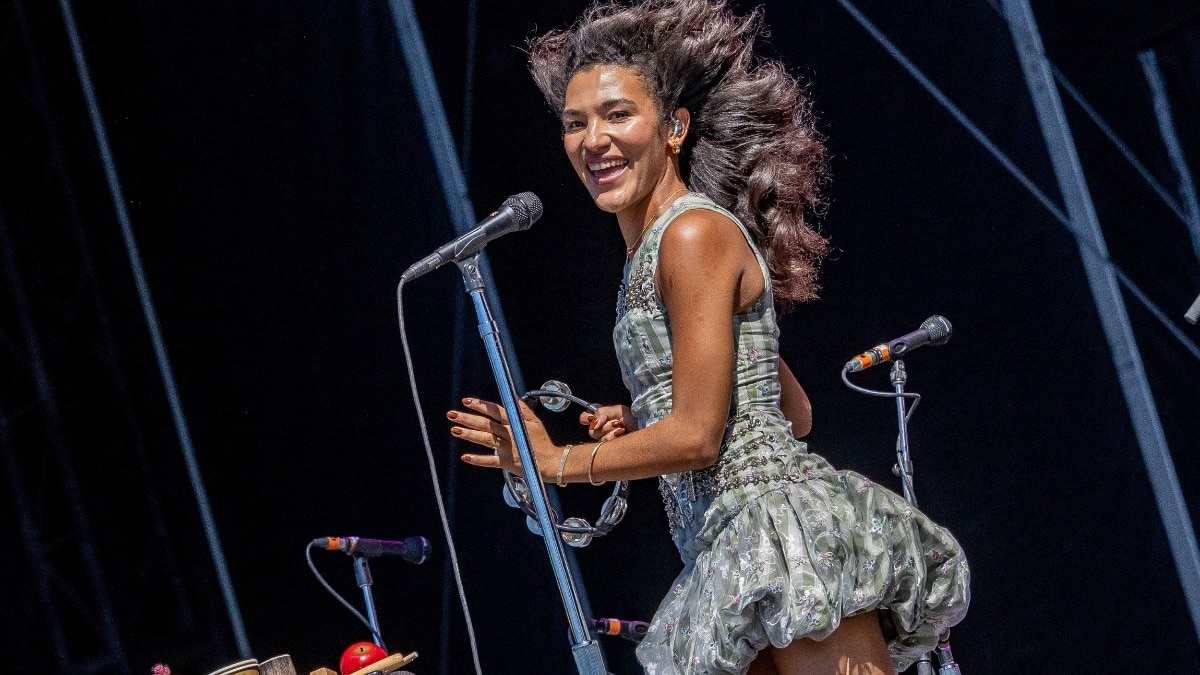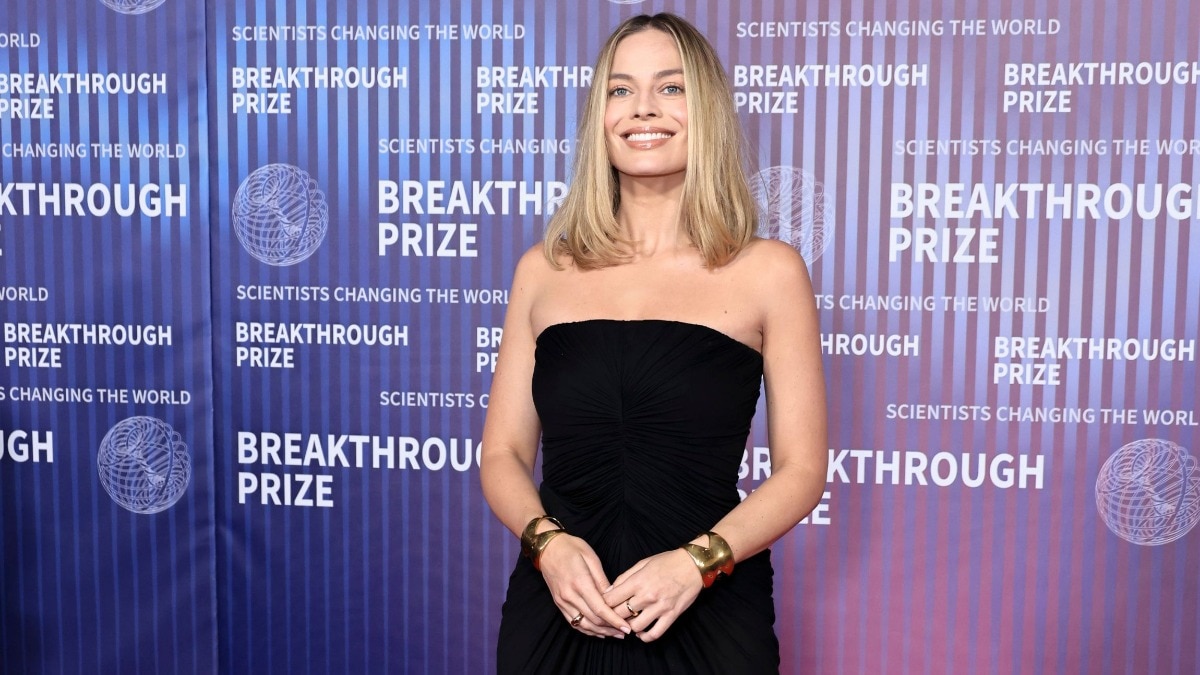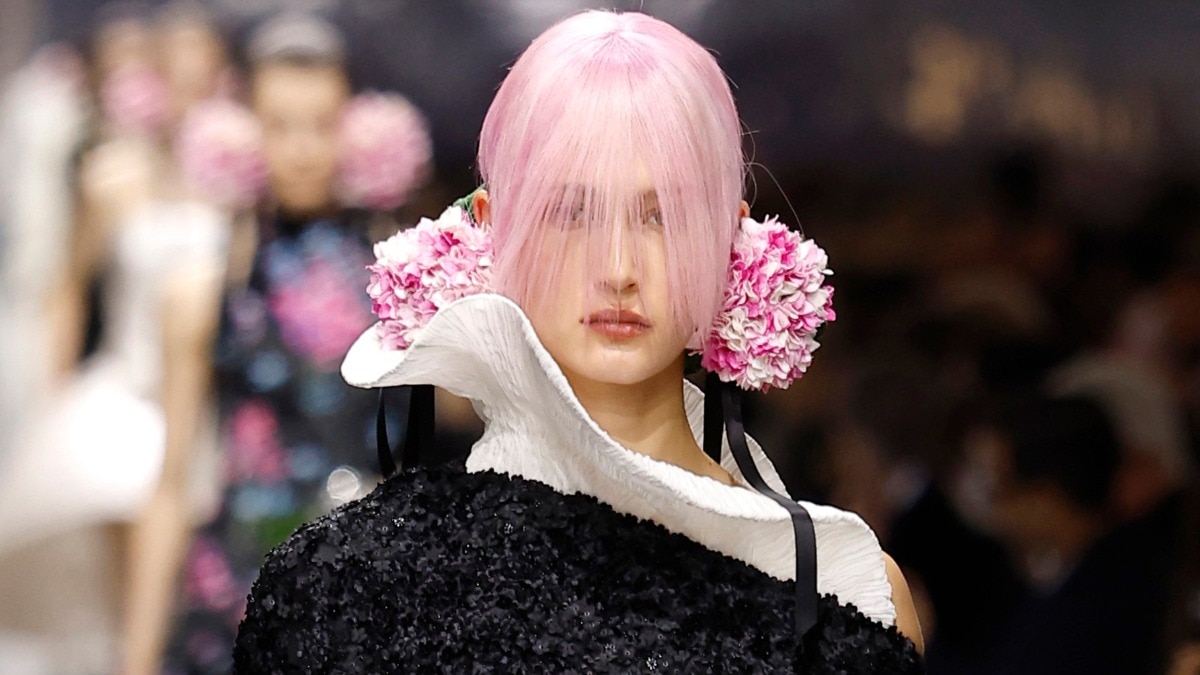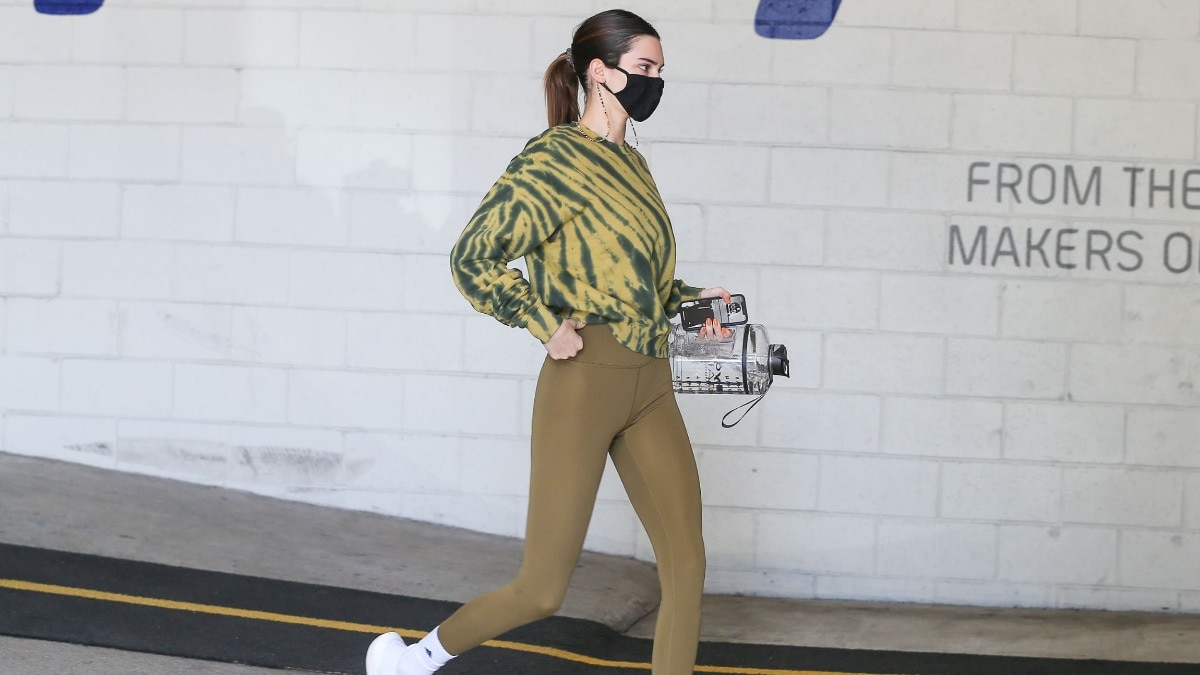
"No one comes out of nowhere": Yael van der Wouden on winning the 2025 Women's Prize for Fiction
Bazaar sat down with the author, who has won for her debut novel, 'The Safekeep'.

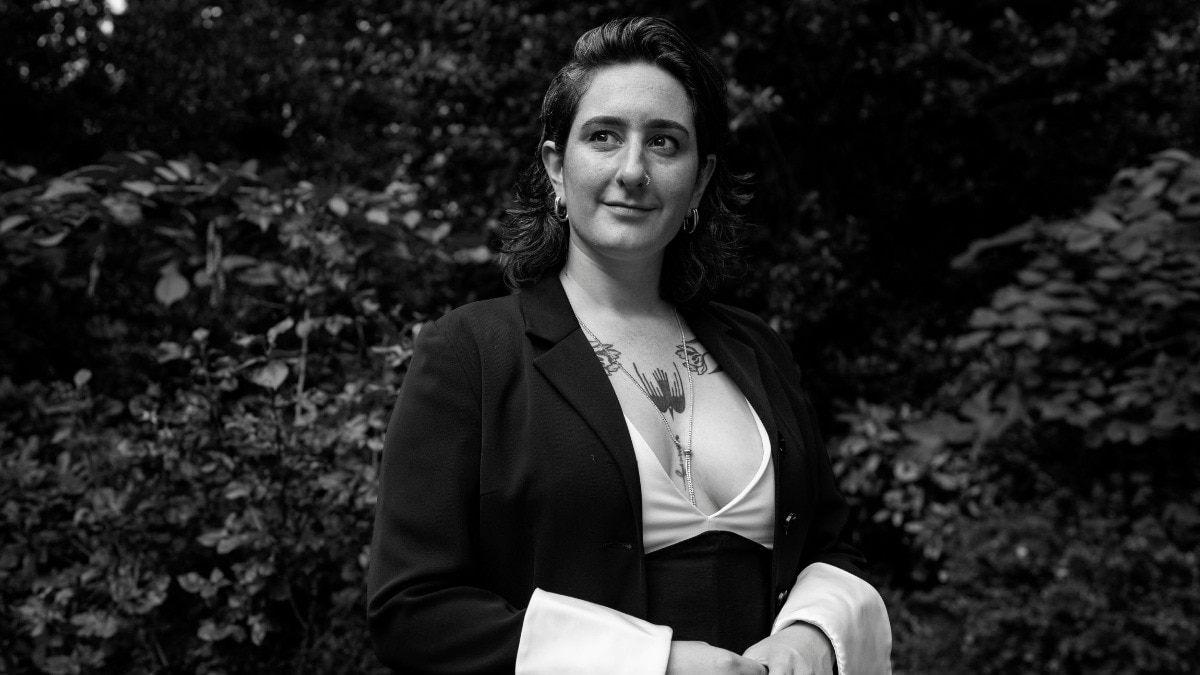
It has been quite a journey for Yael Van der Wouden’s debut novel, The Safekeep. This is a story of unexpected love and psychological intrigue set over the course of the summer of 1961, in one house located in the rural Dutch province of Overijsse. Within a plethora of glowing reviews was a shortlisting for both the Booker Prize and the Women’s Prize for Fiction. On the day we speak, Van der Wouden has just won the latter.
“I think I lost my mind a little... it's hard to always feel like it's fully deserved,” she says, of her blurry memories of the award ceremony itself. The fanfare around her first book already has her overwhelmed. She is fearful, she tells me, with cheery humility, of peaking too soon; “I think it's good and healthy to have some very good novels and some very bad novels and then a few in-between; for the human experience to just have a little bit of everything, rather than just only the good.”
It is why she is keen to emphasise that, though The Safekeep might be the world’s first experience of Van der Wouden's words (besides a popular and thought-provoking essay, ‘On Not Reading Anne Frank’, which was published in 2017), she has been writing for years.
“I have been writing novels, they've just not been very good yet!” she says with a laugh. “I was only able to write this one because of all the practice novels, because of all the short stories that never got published, and the novels that I cried over and stressed over, that never fully materialised into what I wanted them to be. There was a very long path to here and many rejections. No one comes out of nowhere.”
Yet The Safekeep has, of course, been a revelation, the product of a vast bidding war across the UK and the US. A tightly constructed novel about desire and secrecy and our knotted relationship with the past, it follows the story of Isabel, who is guarding her family’s house and its secrets, and whose closed world explodes when Eva, her brother’s maladroit new girlfriend, appears. It is a medley of thoughtfully rendered parts; a queer romance and a dissection of the consequences of Netherlands' past – during World War II. “I wanted the story to be contained,” she says. “I wanted it to feel small against the backdrop of something big.”
“I think that houses contain us as much as we contain within ourselves whatever lives inside us – so for Isabel, as long as she can maintain the house, she can maintain herself and her own history,” says Van der Wouden. “Then when Eva comes along, she literally upends every single order that Isabel has created, the messiness, the cleanliness, the quiet, what kind of foods are being made in the kitchen. In upending that control, Isabel's control of her own body also starts to fall apart, the way that she represses her emotions and desire, by pinching herself in a certain way.”
The control and restraint of Isabel’s desire and the house with its neatly packed away secrets also serves as a vehicle through which Van der Wouden considers her own relationship with the country, in particular how it treated its Jewish population. As a writer born in Tel Aviv to an Israeli mother and a Dutch father, but raised in the rural Netherlands, it is little wonder she once wrote about Anne Frank, and that the subject felt so poignant to her, handled in such a clever and thought-provoking way in The Safekeep.

“I think of it not as preserving the past in the wrong way, but not having a strong enough grasp of it,” she says, referring to Isabel's struggle with uncomfortable truths about her own home and family. “It then becomes about: how do you then create access to memories? How do you talk about it? How do you find each other, and then, how do you decide to move on? Is there a way to move on together, rather than separately? That's what I was really curious about with this.”
Indeed, though Van der Wouden interrogates some of the past’s most painful moments in her searing debut work, she ultimately wants to leave the reader with a sense of hope, something which feels unbearably timely.
“I know it sounds saccharine, but I do genuinely mean it,” she says. “It is hope for how we move on from something that is unspeakable, from something that we have done wrong, something that we have been complicit in and been witnessed to. I hope there is a way to have conversations around those things and find each other once again.”
Lead image: Getty Images
This article originally appeared on harpersbazaar.com/uk
Also read: The best satirical shows to stream right now that nail the madness of modern life

